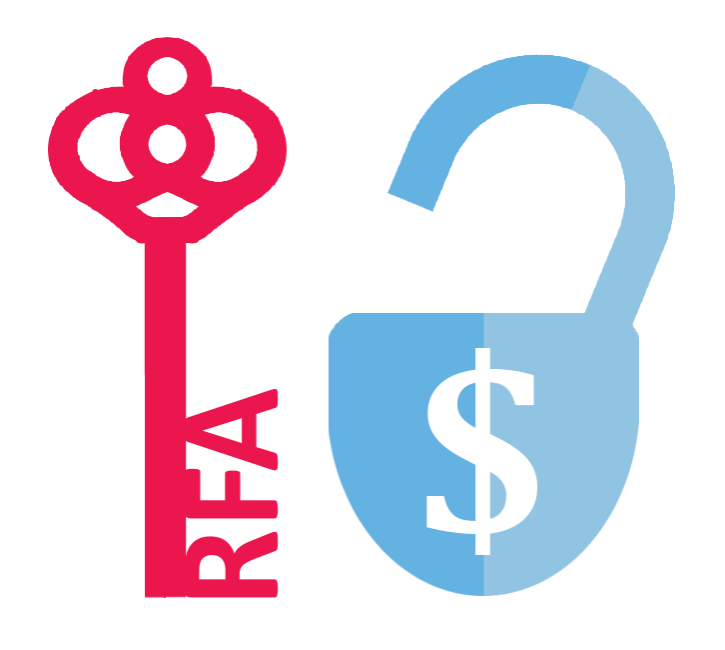Stay Compliant: An Update on Modifier 93 for Exams Requiring Interpreter Services

Some insurers are making unreasonable demands regarding the application of modifier 93. Medical-legal providers use modifier 93 to bill for the extra time required to conduct an examination with a language interpreter. An important and necessary step, interpretation services ensure accurate communication between patient and doctor — but at the cost of valuable, reimbursable time.
According to provider advocates, certain insurers are wasting doctor’s valuable time by requiring redundant and unnecessary justifications for using this modifier.
Modifier 93 is the only way for a medical-legal doctor to obtain reimbursement for time spent on interpretation. Our recent guide identifies those circumstances, and explains exactly when and how to apply the modifier compliantly per CCR § 9795. In short, providers can apply modifier 93 to billing codes ML102 for Basic Comprehensive Medical-Legal Evaluations and ML103 for Complex Comprehensive Medical-Legal Evaluations.
Because ML102 and ML103— unlike the rest of the medical-legal billing codes in CCR § 9795— are not time-based, modifier 93 is necessary to account for time additional time the provider spent navigating language barriers. The CCR outlines the compliant application of the modifier thusly:
“-93 Interpreter needed at time of examination, or other circumstances which impair communication between the physician and the injured worker and significantly increase the time needed to conduct the examination. Requires a description of the circumstance and the increased time required for the examination as a result...”
Accordingly, there are two scenarios in which modifier 93 is applicable:
- When an interpreter is needed due to language barrier, or
- When “other circumstances impair communication.”
Common sense dictates that the requirement of a “description of the circumstance” refers to the “other circumstances” in the second scenario. According to Stephen J. Cattolica, Director of Government Relations for provider advocacy group California Society of Industrial Medicine and Surgery (CSIMS):
“Historic use and payment patterns have never required an explanation why the use of an interpreter causes more time...it is intrinsic to the definition. Any explanation has always been connected to those ‘other circumstances which impair communication between the physician and the injured worker’”.
If a provider needs an interpreter, the circumstances are clearly implied, if not downright obvious: the patient doesn’t speak the same language as the physician.
According to Cattolica, the medical-legal provider should include the interpreter’s name and badge number in the medical-legal report when the evaluation requires interpreter services. This information should satisfy the need to justify use of modifier 93, and protects the provider in case of dispute. Insurers and their claims administrators should need no further explanation or justification.
Nevertheless, some insurers reportedly deny payment for time spent on interpreter services when modifier 93 is applied without the superfluous description of circumstances. This is pointless payment friction for providers. Insisting on an explanation that an interpreter is needed to interpret is an exercise in time-wasting typical of a system rigged to make obtaining correct payment harder for providers.
When medical-legal providers receive an incorrect denial of payment for time spent on interpreter services, we recommend an immediate appeal. Providers should submit a Second Review, and consider using the following language in the “Reason” field of the DWC Form SBR-1:
Modifier 93 is applicable when either an interpreter is needed due to language barrier, or when “other circumstances impair communication.” As documented in medical-legal evaluation, an interpreter was required due to language barrier. Accordingly, per the Medical-Legal fee schedule, additional payment is due for services rendered.
According to Cattolica, CSIMS finds it “counterproductive for providers to take even a little time to comply with such superfluous requests for minutia.” We couldn’t agree more.
Nevertheless, some insurers reportedly deny payment if the extra description of the circumstances is not additionally addressed when modifier 93 is applied to time spent on interpreter services.
daisyBill technology offers everything providers need to ensure easy, compliant billing and fast payment. Our billing software calculates reimbursement based on the latest updates to the Official Medical Fee Schedule (OMFS), and makes appealing incorrect payments a snap. Schedule a free demonstration today.
REQUEST DEMO
DaisyBill provides content as an insightful service to its readers and clients. It does not offer legal advice and cannot guarantee the accuracy or suitability of its content for a particular purpose.



.png)

.gif)